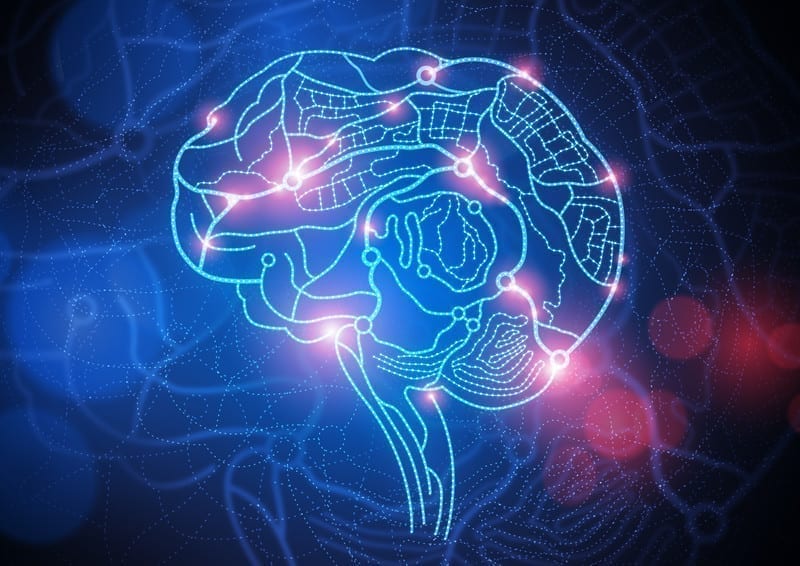
While moderate drinking isn’t always considered harmful, prolonged alcohol abuse can cause damage to your body and your brain. Prolonged drinking can deplete vital nutrients, impair motor functions, and cause memory loss. Seeking treatment for alcohol dependence is an important part in preventing the long term effects of prolonged alcohol abuse.
Little Known Facts About Alcoholism
1. Those with a family history of alcoholism are more likely to develop a dependence. Genetic factors can sometimes contribute to the likelihood of developing alcohol dependence.
2. Withdrawal symptoms from alcohol can be very severe. Detoxing from a long-term chronic drinking problem can cause intense physical symptoms.
3. Alcoholism is progressive. It develops with time as control is gradually lost.
Using Alcohol as a Coping Mechanism
Alcohol abuse can result from using drinking as a coping mechanism. What may begin as a way to wind down or as a crutch in social situations can quickly become unhealthy when it is used in excess.
Coping mechanisms help us deal with difficult situations or stressors. Many different strategies and activities can be used for coping, but using alcohol as a coping mechanism can deteriorate health and relationships when used in excess long-term.
Alternatively, seeking rehabilitation can be a positive way to help develop healthy coping skills. Emotional stress or social anxiety can be triggers for those dealing with a substance abuse problem. Professional treatment can help identify other ways to deal with these issues.
Effects of Long-Term Alcohol Abuse
Chronic drinking can have devastating effects on the brain. Alcohol can damage the brain by depleting it of thiamine or vitamin b1. This deprives the brain of its ability to break down glucose into usable energy, and can potentially lead to disorders such as “wet brain syndrome.” The degenerative effects of long-term alcohol abuse can also spread to the cardiovascular and nervous system over time.
Starting on the Road to Recovery
You can reverse the negative effects of alcohol by seeking rehabilitation. The skills you learn in rehab can slowly start to change the long-term effects of alcohol and cultivate healthy new routines for prolonged longevity. Having an emotional support network can significantly help you reach your goals for recovery. A continued treatment plan outside of rehabilitation can help keep you focused on your goals and make it easier to choose a healthy lifestyle that won’t be burdened with the effects of alcohol.
